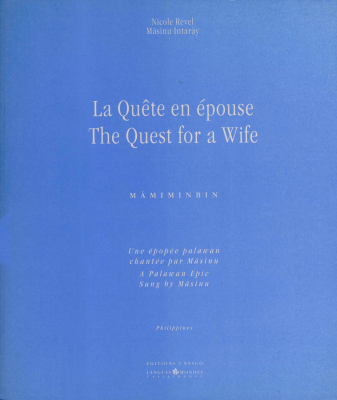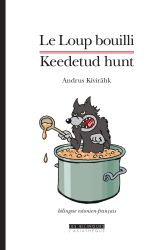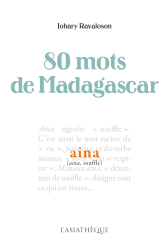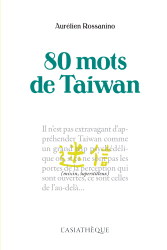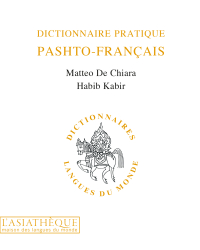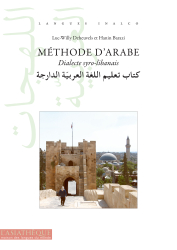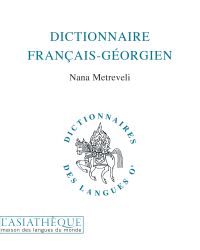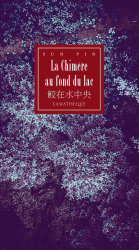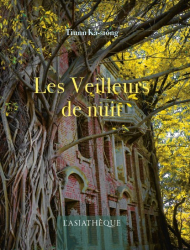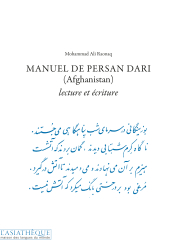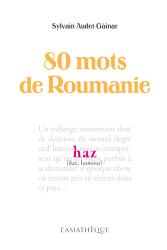Linguist and ethonologist, Nicole Revel has lived and worked among the mountain populations in the Philippine archipelago since 1970. Over the years, she developed a close friendship with the bard Mäsinu Intaräy, which makes this volume shine with a rare authenticity. The author shows us the heart of the mystery of this memorized epic, as it was interpreted by Mämiminbin and sung by Mäsinu. The text of this chanted epic is presented in its entirety, transcribed in Palawan and translated into both French and English. Eight photographs transport the reader into the peaceful and mysterious Palawan world. The book includes eight black and white photos and one CD (not sold separately). Book coedited with UNESCO Press.
CONTRIBUTORS' BIOGRAPHIES
Nicole Revel

Emeritus research director at CNRS, Doctor Honoris Causa (Humanities) at Ateneo de Manila University, Nicole Revel is a linguist and ethnologist. During her numerous stays between 1970 and 2015, she implemented at different levels, Structural Analysis and Pragmatics, while following the development of multimedia technologies. She collected and analyzed the language, knowledge about nature, representations of the phenomenal world and artistic expressions of the Montagnards. She is currently a member of the Eco-Anthropology and Ethnobiology Unit at the Musée de l'Homme (MNHN) in Paris.
TABLE OF CONTENTS
Remerciements (Aknowledgements)
Préface (Preface)
Conventions (Conventions)
Mämiminbin
Chant en palawan (Song in Palawan)
Texte en français (English Text)
Notes en français (English Notes)
Photographies (Photographs)
Résonances de l'épopée (The Resonant Epic)
I. Poétique des voix (I. Poetics of Voice)
Espaces sonores (Sound spaces)
Au fil des jours (As Days Go By)
Le chant de l'épopée (Epic Singing)
L'accompagnement musical (Musical accompaniment)
L'écoute de l'épopée
De l'oral à l'écrit (From the Oral to the Written)
Recueil et conservation du chant de la performance, du texte (Recording and Preservation of the Song, the Performance and the Text)
Du chant de'épopée au manuscrit publié (From Chanting an Epic to a Published Manuscript)
Code de transcription phonologique en caractères alphabétiques (Phonological Code of the Transcription)
Épopée orale et notion « d'esquisses multiples » (Oral Epic and the Notion of "Multiple Drafts")
II. Paroles d'homme (II. The Words of a Man)
Généalogie des chanteurs d'épopées: Usuy, Buntäli, Mäsinu (Genealogy of epic singers: Usuy, Buntäli, Mäsinu)
Répertoire de Mäsinu. Liste des enregistrements, textes transcrits et traduits, textes transcrits et synopsis (Mäsinu's Repertoire. List of Recordings, Transcribed and Translated Texts, Transcribed Texts and Synopsis)
III. Synopsis de l'épopée (III. Synopsis of the Epic)
IV. Commentaires d'interprète (IV. In the Words of the Interpreter)
Espaces géographiques et cosmogonique (Geographical and Cosmogonical Spaces)
Voyages des héros, voyages chamaniques (Heroes' Journey, Shamans' Voyage)
Consanguinité, alliance et droit coutumier (Consanguinity, Affinity and Customary Law)
Épopée et mémoire (Epic and Memory)
Formules interrelationnelles (Interrelating Formulae)
Formules mélodiques (Melodic Formulae)
Moments épiques (Epic Moments)
Émergence des couples héroïque (Rising of the heroic couples)
Premières remarques sur l'étude comparée de deux variantesirst Comments on the Comparatives Study of Two Variants)
Trois récits et leur dimensione existentielle (Three narratives and Their Existential Dimension)
Éléments de bibliographie (Bibliography)
